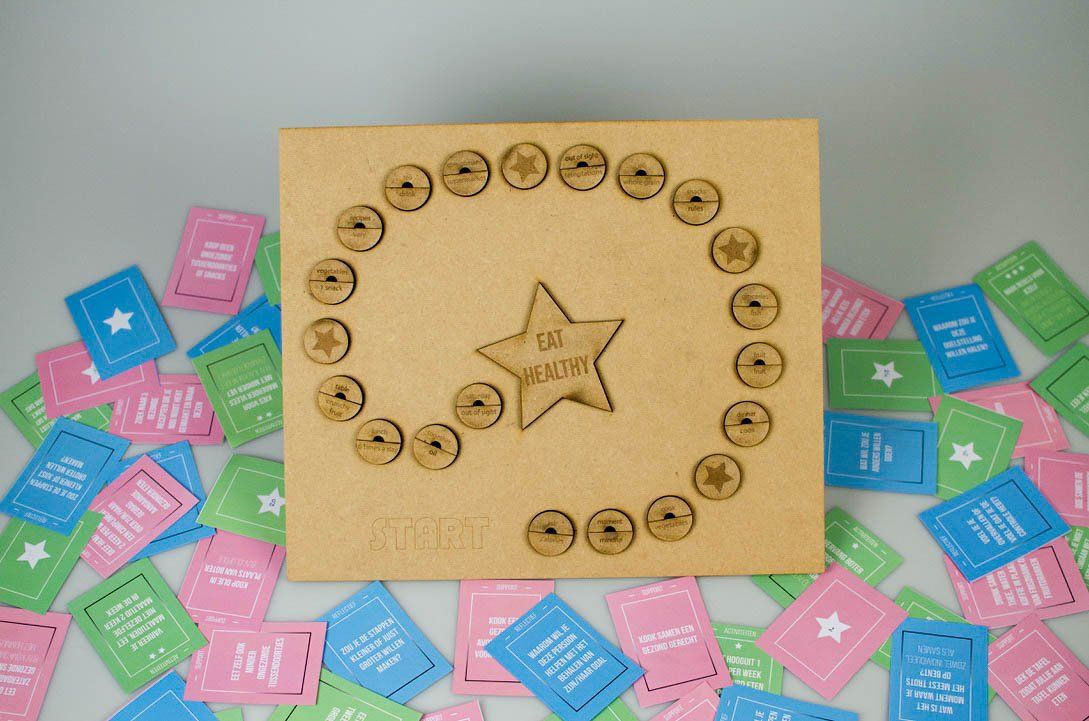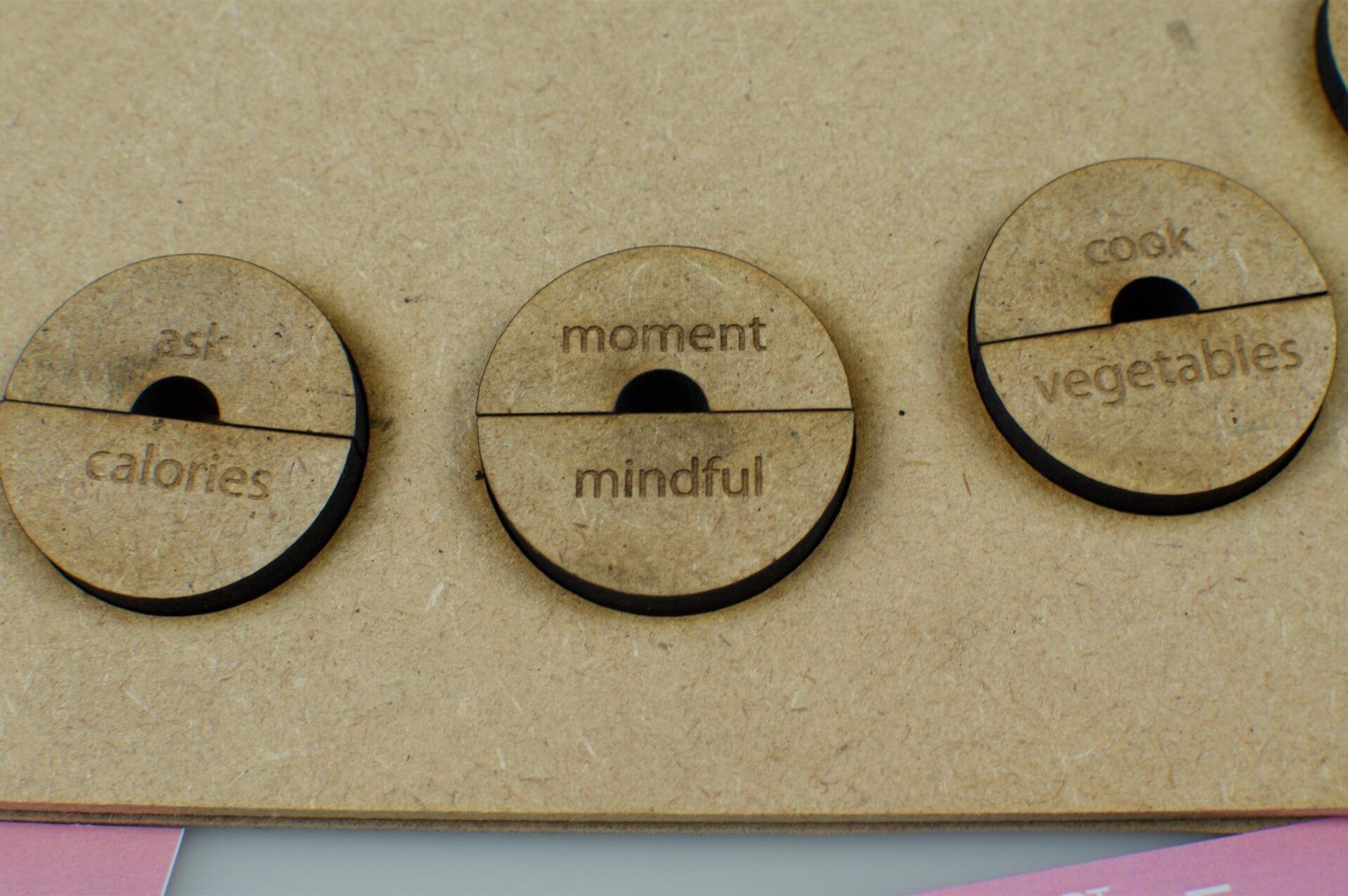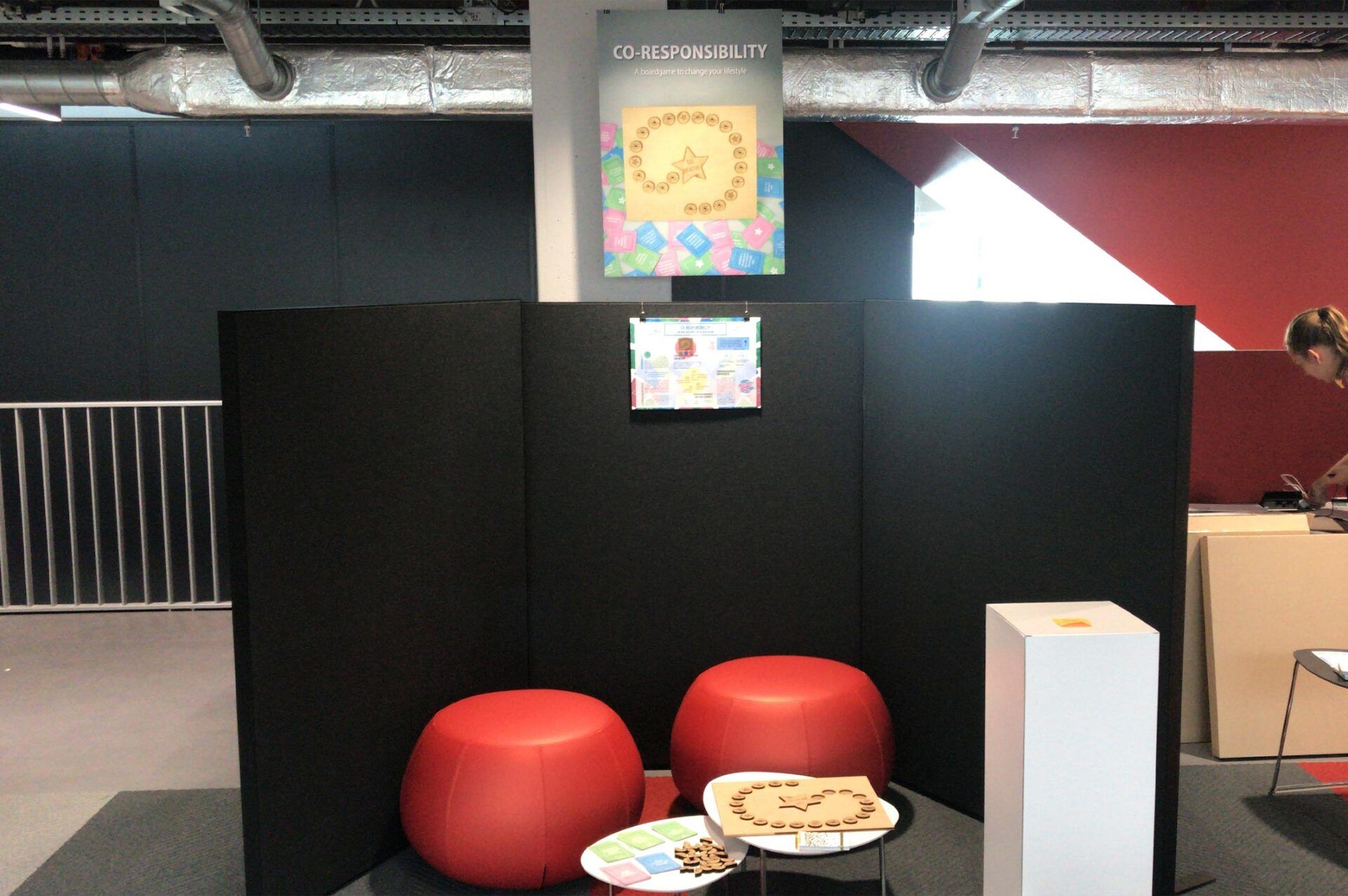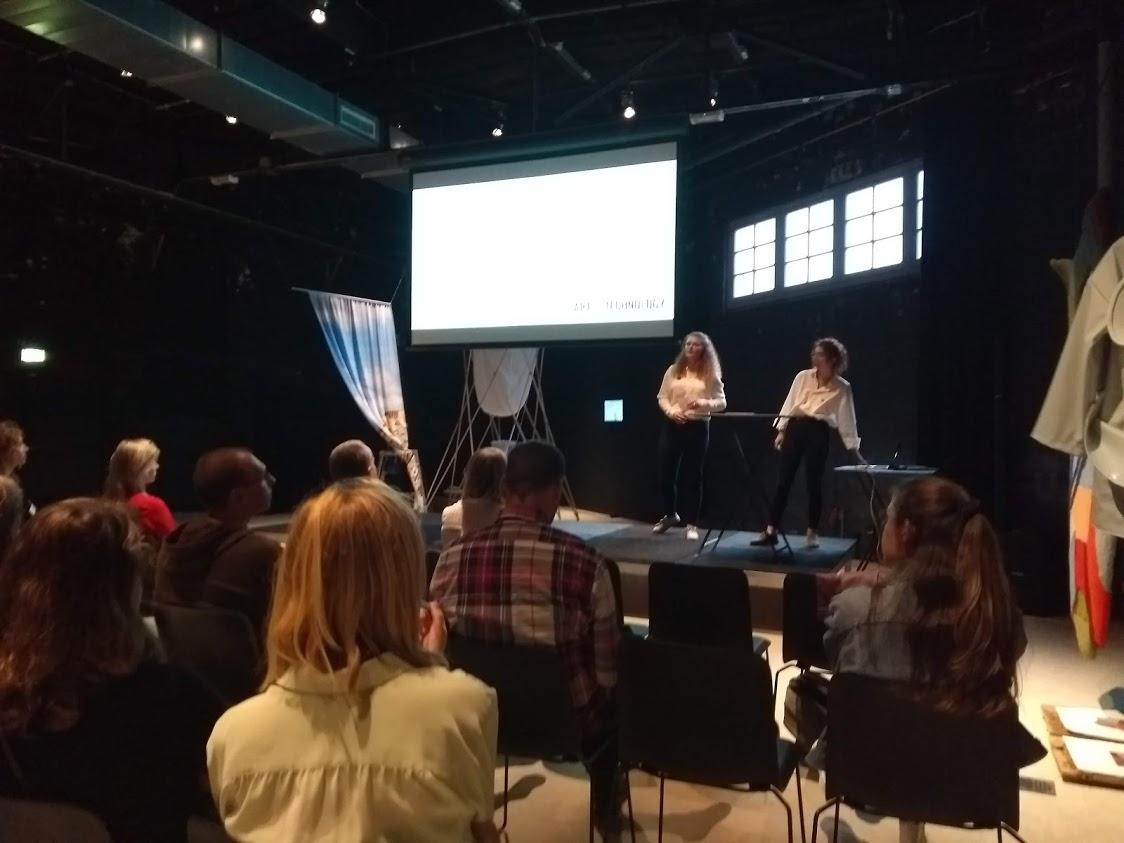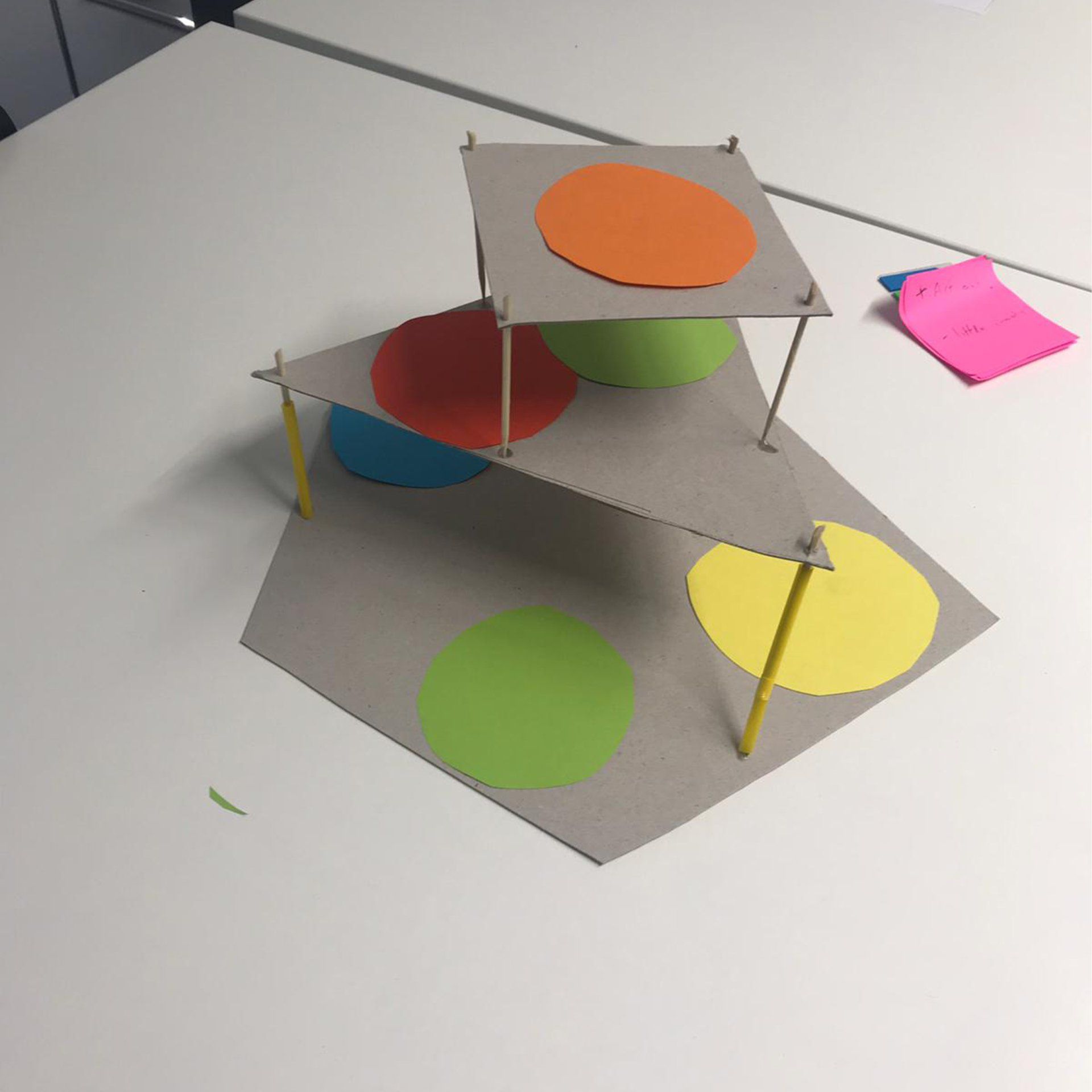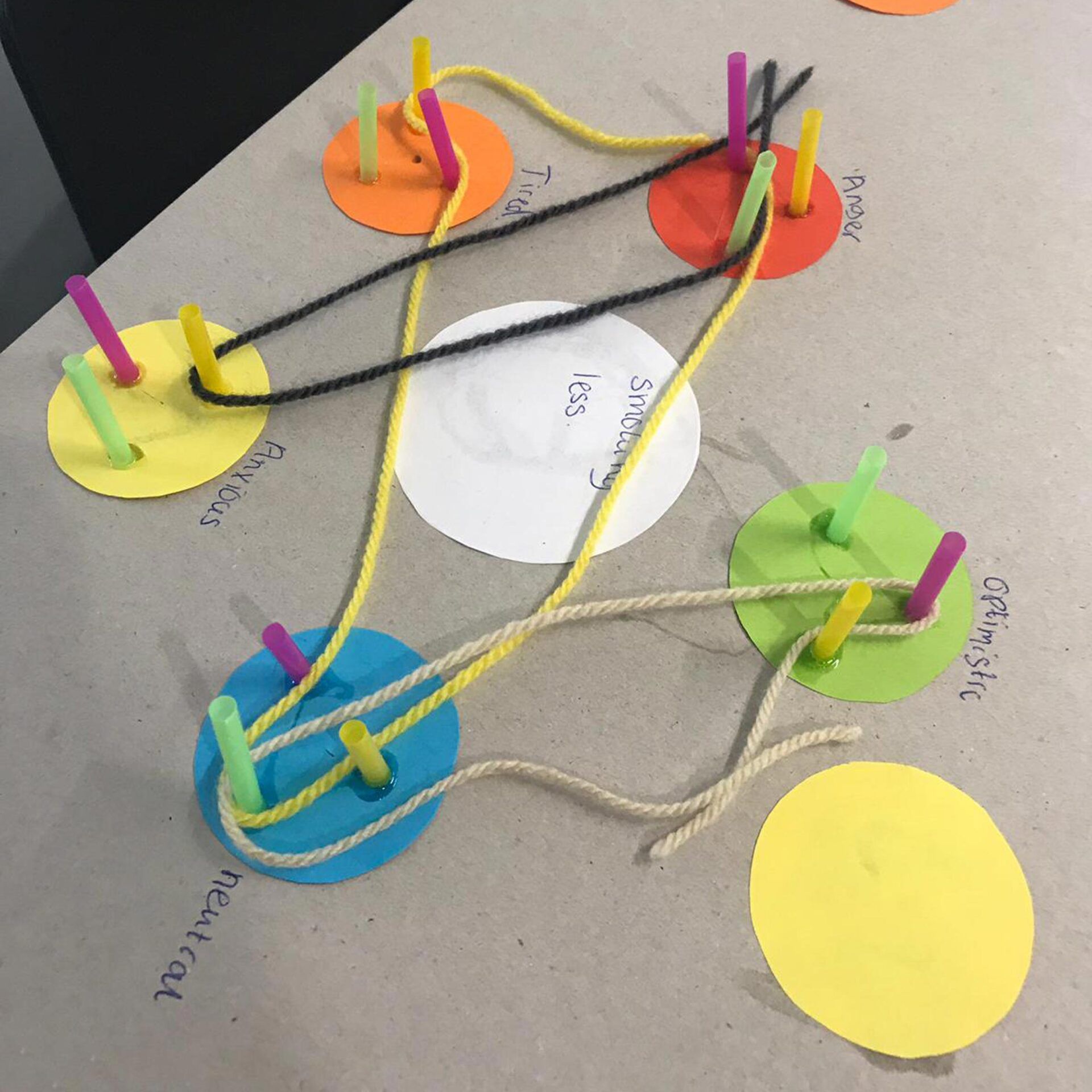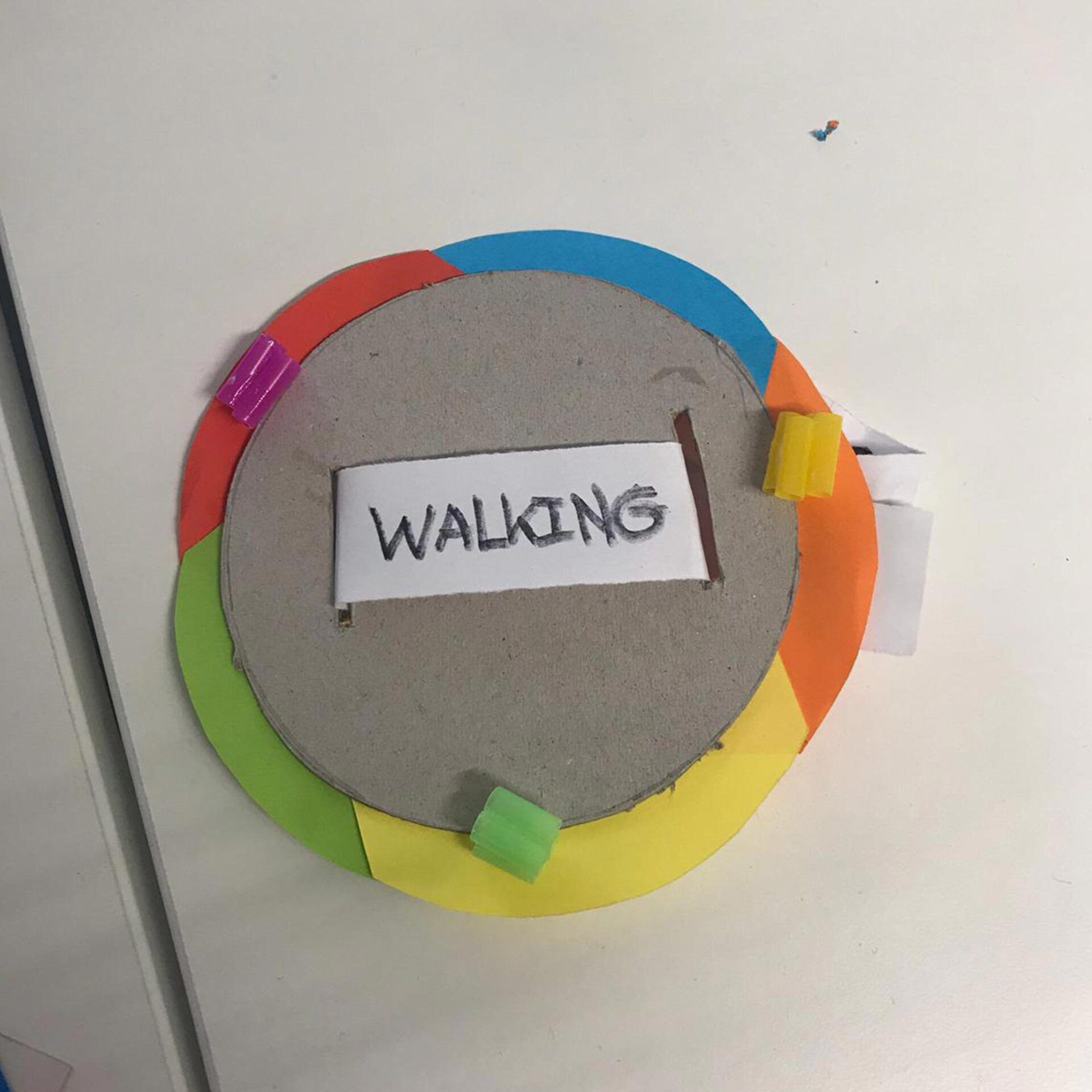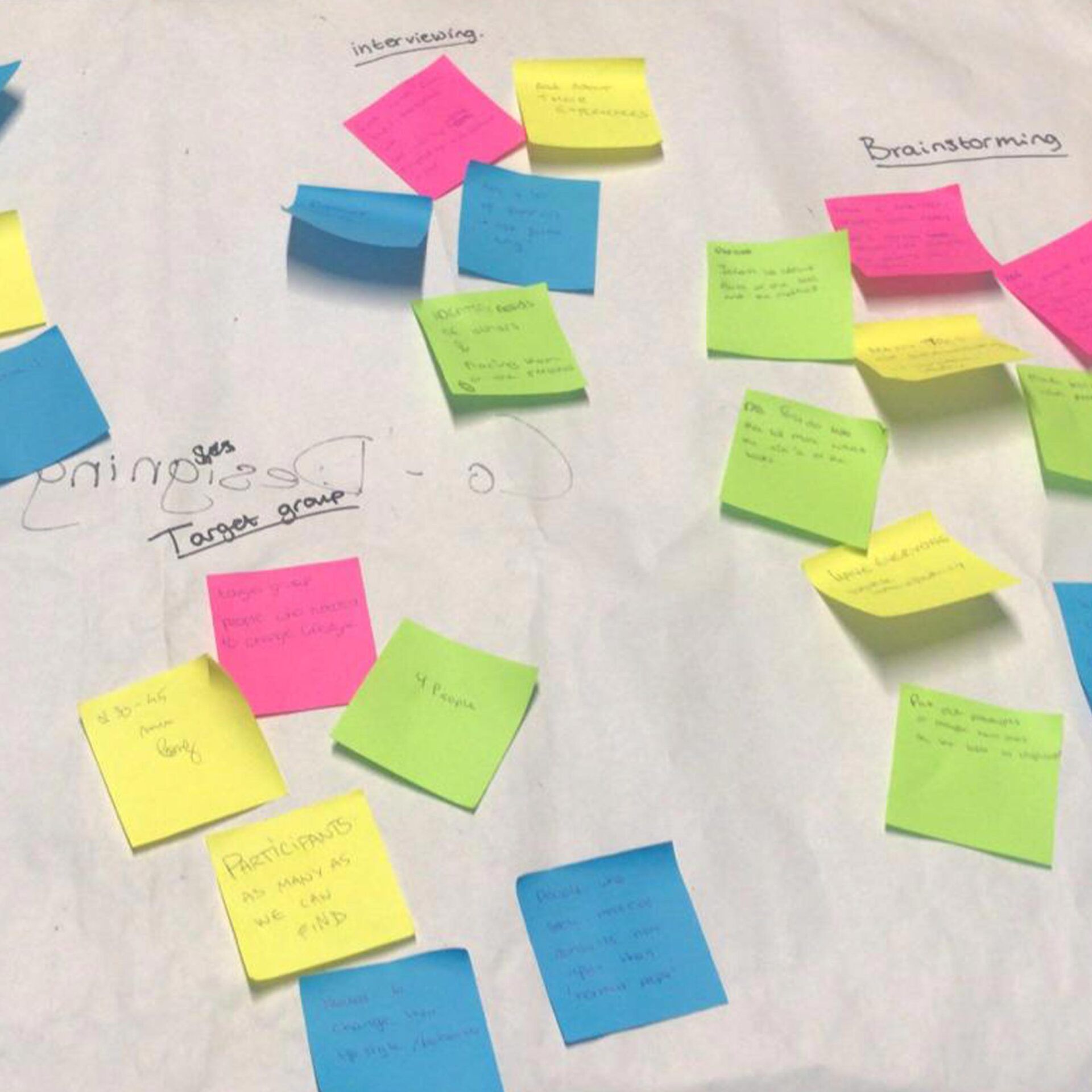CO-RESPONSIBILITY
CO-RESPONSIBILITY
DESIGN PROJECT B2.3
DESIGN PROJECT B2.3
Who is accountable for what? And when? Responsibility is anything but an easy topic – it is often difficult to concretely map the duties of each person in a given environment, as they all somehow depend on each other. Co-responsibility argues that people’s responsibilities in society are more than shared – they are intertwined with each other. Take the example of a soccer match: each of the players’ roles within the team, the coach and even the spectators affect the results of the match.
This key concept can be applied to better understanding and treating cardiovascular disease, one of the most common causes of death in the Netherlands. In 2017, over 250.000 hospital admissions caused by cardiovascular disease took place, out of which many could be avoided by following a therapeutic regimen. Those who suffer from a heart attack need to significantly change their lifestyle, and although lack of adherence could be blamed on the patient’s motivation, it rather seems that they are influenced by factors outside their control.
Family functioning is strongly linked to overall health in heart failure families. If a patient’s family context is not optimal, managing a complex self-care regimen is not going to be as effective as it can be. However, despite the numerous benefits that family support has on a heart failure patient, this responsibility can be overwhelming for the caregiver, possibly leading to exhaustion and depression among other health issues.
We designed a board game meant to help failure patients set their own path of co-responsible smart goals – co-goals – in an interactive and easy manner, along with their family. It encourages reflection, support and building long-term habits. Overall, discussing the goals and the complementary support along with their family has been regarded as valuable by our participants. Moreover, the fact that it encourages you not to rush, but to plan your steps in an achievable manner was seen as especially helpful for motivation and facilitating the creation of a routine. The tangibility of the board game helped at least create the illusion of progress, as one would have their path outlined in front of them and a sense of achievement given by the milestones. Therefore, a mix of family support, reflection and concrete goal setting has proven to be useful for the co-care confidence of our participants.
ITERATION
ITERATION
